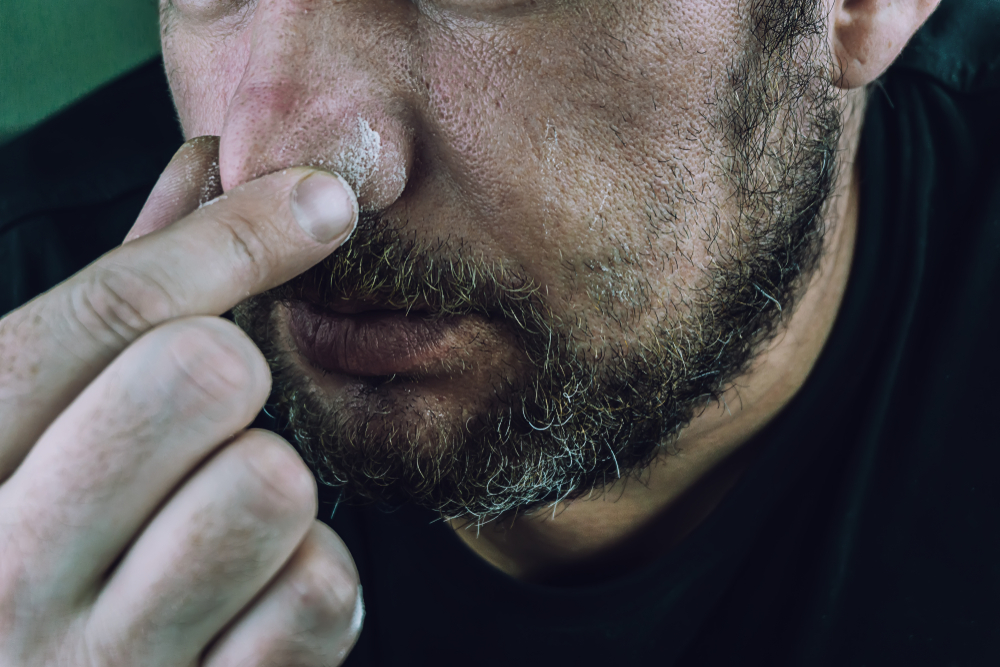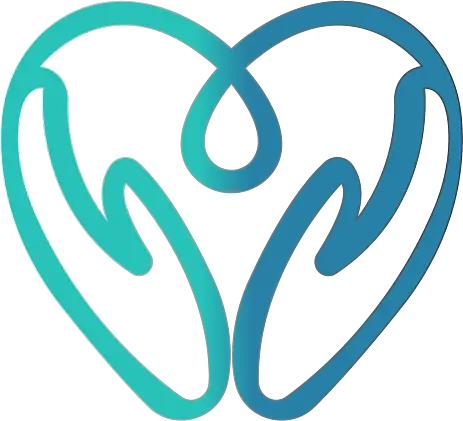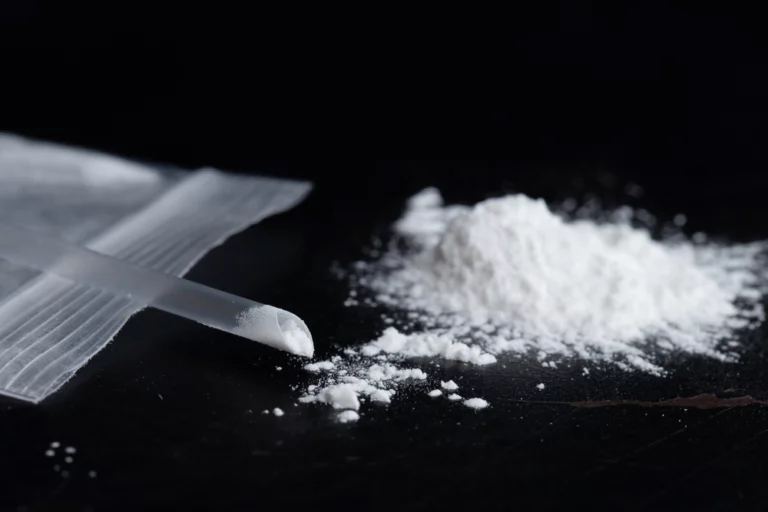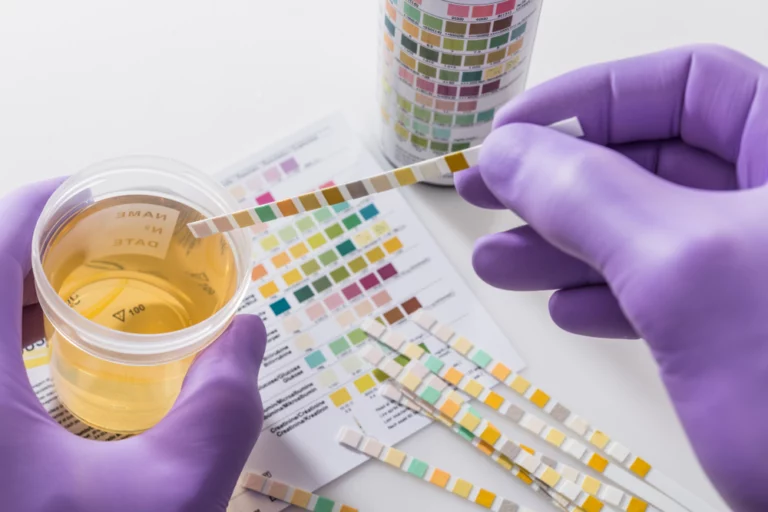Signs of Cocaine Addiction: How to Know if Your Loved One is Addicted to Cocaine
It is important to be able to identify the signs of cocaine addiction as cocaine is a widely used illegal stimulant that generates a range of symptoms and causes potentially life-threatening side effects. According to the CDC, 1.5 million Americans struggled with cocaine addiction in 2020 alone.
Being aware of what cocaine addiction is, the outward signs that occur as a result of the addiction, and the different methods of treatment can help someone or a cherished one to quit using this drug once and for all and advance towards a fulfilling, sober life.
Cocaine Addiction Explained
Cocaine acts as a stimulant and causes a person to become more alert and energetic. It alters the pathways in the brain which leads to the feeling of being talkative, energized, and ecstatic. Addiction to cocaine can form rapidly, even if it is only used a few times. This addiction can be both physical and mental, with the body desiring the drug, and the brain craving the effects it has.
Cocaine can be administered in numerous ways, including snorting, injecting into the bloodstream, or smoking the substance after it has been processed into a form referred to as crack cocaine. Whichever method is used, addiction can occur rapidly.

What Does the Cocaine High Feel Like?
When used, cocaine temporarily stimulates the body. It elevates the levels of dopamine, a neurotransmitter that is naturally present in the brain, leading to a sense of joy and contentment. By inhibiting dopamine and other neurotransmitters such as norepinephrine and serotonin from being reabsorbed into the nerve cells, cocaine increases the amount of dopamine in the brain, bringing about a heightened euphoric feeling. Cocaine also reduces someone’s need for sleep and food. Most individuals claim that it allows them to think and complete tasks more quickly.
Side Effects of Cocaine Use
When a person uses cocaine, they often feel energized, happy, and talkative, as is the case with most stimulants. Side effects of using are typically as follows:
- Energetic
- Feelings of Invincibility
- Agitation
- Dilated pupils Loss of appetite
- Increased stamina and strength
- Excessive thirst
- Sweating
- Euphoria
- Increased focus
Signs of Cocaine Addiction
The continued use of cocaine can have a substantial effect on a person’s pleasure, memory, and decision-making abilities. When an individual is addicted, the capacity to reject cravings is weakened, making it difficult to give up the drug. The warning signs of cocaine abuse and addiction can be different for each person and depend on the amount and frequency of cocaine use. Common physical, mental, and social signs that may indicate a person has a cocaine addiction include but are not limited to the following:
- Insomnia
- Aggression
- Extreme weight loss
- Financial difficulties
- Neglecting responsibilities
- Withdrawing from friends and family
- Frequent nose bleeds
- Experiencing withdrawal symptoms when not using
- Paranoia
- Participating in risky behavior
- Increased confidence
- Tremors
- Defensiveness

Dangers of Cocaine
Cocaine itself is already a dangerous substance, but it is often mixed with numerous other components in order to increase its weight and give an impression of greater potency than it actually possesses. This lack of knowledge regarding the exact ingredients of the drug leaves users in the dark as to what reactions they may expect to experience. There is a wide array of medical issues and unexpected health issues that can easily occur with cocaine use. They include:
Cardiovascular Issues
People who have consumed cocaine are more prone to suffer from stroke and heart attack as compared to those who have not taken the drug. This could be due to their arteries being harder, higher blood pressure, and thicker walls of the heart muscle. Studies have shown that chronic cocaine abusers have a 35 percent higher chance of having a hardened aorta and 8mm Hg higher systolic blood pressure than those who do not take cocaine.
Damage to the Nose and Throat
Those who snort cocaine may experience nosebleeds and constant dripping from the nose. Inhaling cocaine can lead to a loss of smell as well as harm the structures of the nose, resulting in anything from a minimal puncture in the barrier between the nostrils to a serious injury that may cause the nose to cave in. It can also bring on vocal hoarseness and make swallowing difficult. As reported in the New England Journal of Medicine, in extreme situations, cocaine can make a hole in the top of the mouth, linking the mouth and nasal passage, which can interfere with everyday activities such as eating.
Gastrointestinal Issues
Cocaine use has the potential to harm a variety of bodily systems, including the gastrointestinal tract. Possible short-term side effects include diarrhea, nausea, vomiting, and aches in the abdomen, which may appear anywhere from within an hour after taking the drug to up to two days afterward. Severe complications such as impaired blood flow to the small intestine, death of intestinal tissue, a breach in the intestines, and bleeding in the peritoneal cavity can be life-threatening.
Brain Damage
With long-term cocaine use, the brain’s neurons can become accustomed to the presence of the drug, causing changes in the way neurotransmitters are released and receptors are handled. This affects the reward pathway, impairing the individual’s capacity to sense pleasure, not just from the drug but from regular enjoyable activities, such as eating.
The usage of cocaine has been associated with bleeding in the brain, aneurysms, and an increase in the likelihood of seizures and strokes. Prolonged use can further result in the development of Parkinson’s disease and other movement disorders. People tend to excessively consume cocaine which can lead to exacerbated restlessness, irritation, suspicion, and anxiety attacks. It can even cause one to go through a psychotic episode that involves visual and auditory hallucinations as well as a disconnection from reality.

Cocaine Overdose
Regular use of cocaine can cause long-term harm to the body, but the primary risk of its usage is an overdose. Every year in the U.S. approximately 15,000 individuals die from an overdose with cocaine being a contributing factor. Even if you don’t have anyone close to you that consumes this drug, being aware of the signs of a cocaine overdose can save a life.
If not treated quickly, the consequences of consuming too much cocaine can be fatal. The amount of cocaine needed to trigger an overdose varies from person to person and largely depends on the cocaine purity. Common indications of a cocaine overdose include:
- Excessive sweating
- High body temperature
- Chest pain
- Rapid breathing
- Confusion
- Blurred vision
- Nausea
- Delirium
- Seizures
- Unconsciousness
If you have a suspicion that an individual has taken an excessive quantity of cocaine, dial 911 right away. Even if you are uncertain if they have overdosed, it is wise to treat it as an overdose in order to preserve their life. While waiting for assistance, try to keep the person conscious and ensure they are still breathing. If they are unconscious, lay them on their side to prevent choking and stay with them until the paramedics get there.
Treatment Options for Cocaine Addiction
Coming to terms with needing help with cocaine addiction is the initial and most critical move toward recovery. Once one acknowledges the issue, the only way to go is forward. The remedy for cocaine addiction usually comprises detoxification and psychotherapy in a residential or outpatient rehabilitation program. These plans significantly raise a person’s likelihood of a successful recovery, in spite of the reality that psychological dependence on cocaine is a challenging issue to get over.
For anyone considering treatment for cocaine addiction, it is helpful to acquire an evaluation from an addiction specialist to understand the appropriate type of assistance. This assessment is based on many aspects such as the depth of the addiction, living circumstances, and mental and physical needs.

Cocaine Addiction Treatment in Asheville
Now that you can identify the signs of cocaine addiction, the dangers of this drug, and what cocaine addiction treatment typically consists of, it is time to seek treatment if you or a loved one needs help. The team at Durable Recovery has decades of experience in treating a variety of addictions. With our aid, you can face your drug abuse and start to recover.
If you would like to know more about the addiction treatments and other services we provide, don’t hesitate to get in touch with us. This is the perfect opportunity for you to regain control of your life and we are here to assist you.








